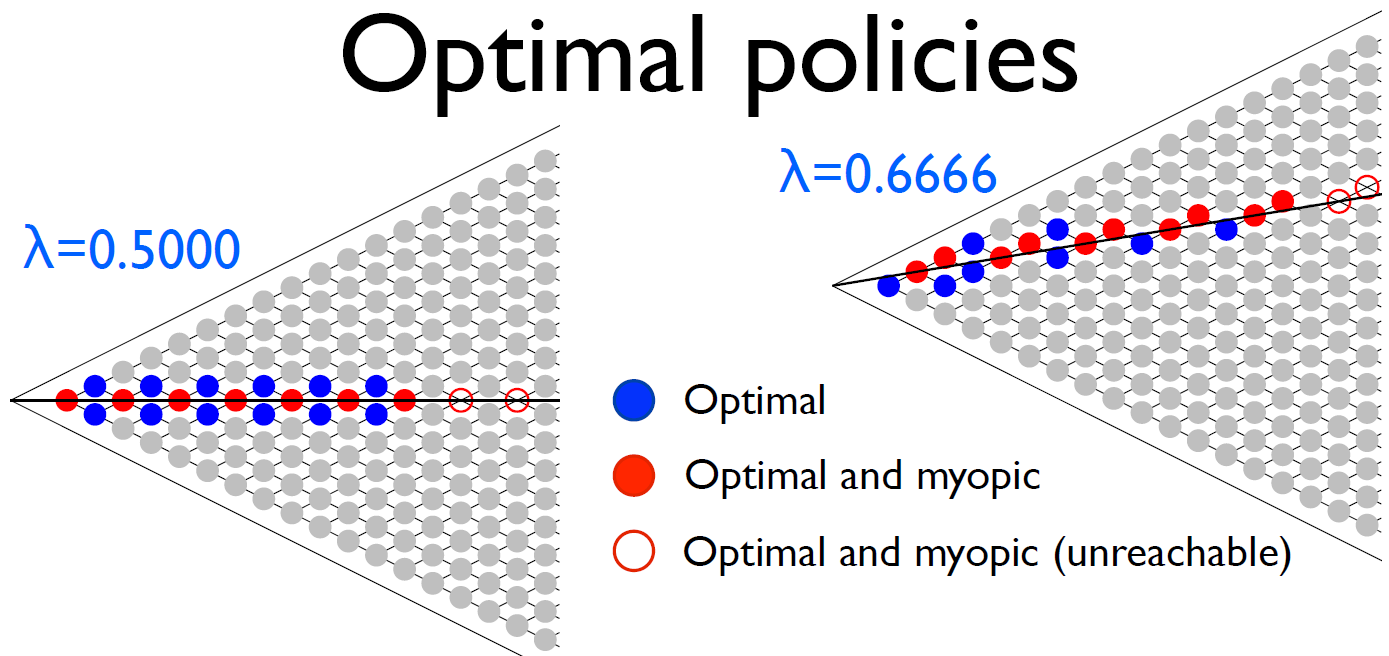Expected Utility of a Computation
- Need to model deterministic outcomes of computations.
- Problem: Bayesian coherence only when conditioning on "everything".
- Similar problems in Bayesian optimization or quadrature of ‘known’ functions.
 (Diaconis 2012)
(Diaconis 2012)
- If we treat outcomes of computations as uncertain, we can be coherent again.

